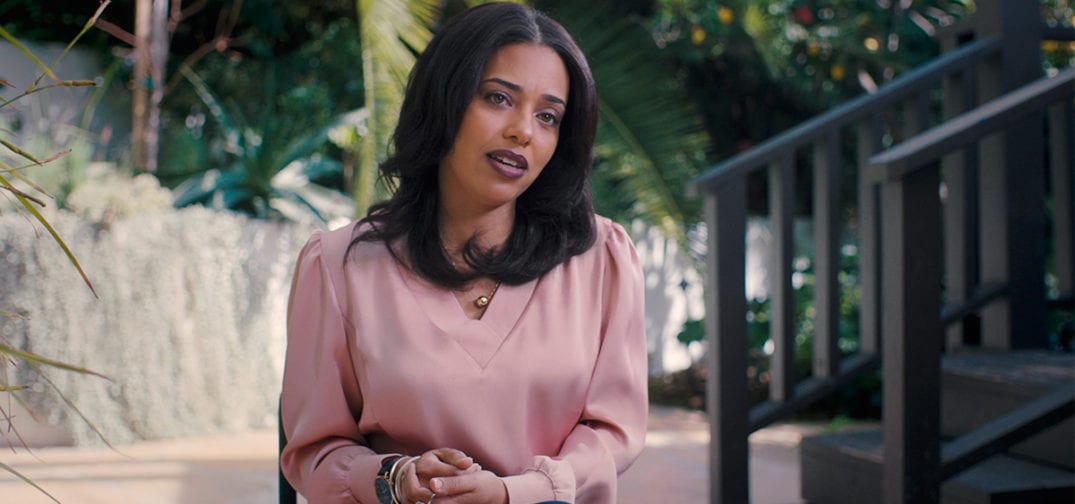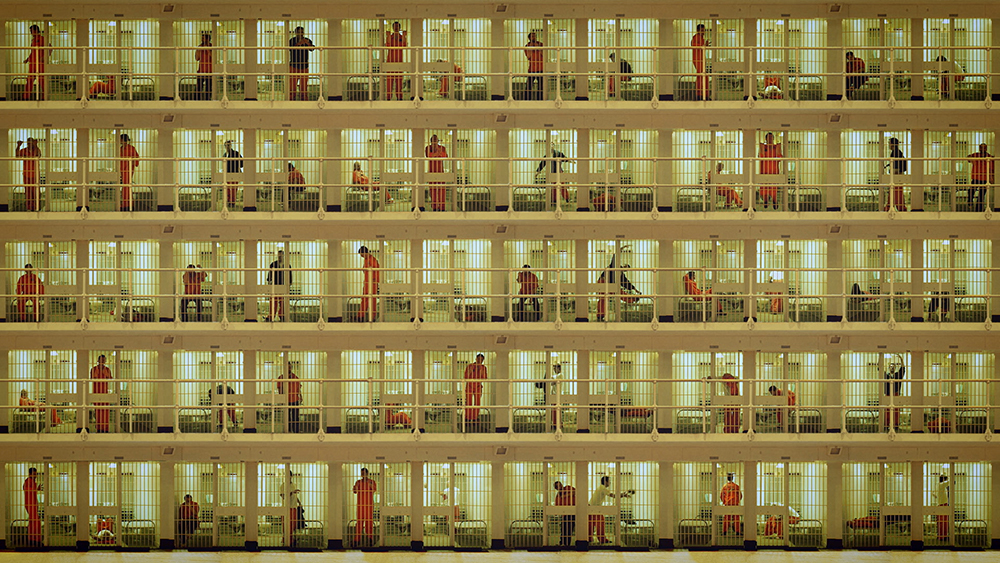The regulated cannabis industry has been developing for well over the past decade, and many entrepreneurs have entered the space with excitement. However, many of the entrepreneurs who founded the legacy cannabis market are still in jail or prison for crimes that are now regularly featured in the news and other media as a regulated industry. The harsh reality is that many of these legacy entrepreneurs are Black. The documentary series The Human Toll: How the War on Cannabis Targeted Black America illuminates the real stories of people who did time for cannabis sales while (mostly white) entrepreneurs are today selling weed with no repercussions.
The Human Toll, directed by award-winning filmmaker Øcean Vashti Jude and produced by Vanity Fair and PAX Labs, is presented in three parts. Part 1 explores the war on drugs and the direct correlation to policing Black and Brown neighborhoods. Part 2 humanizes the psychological trauma that this war has planted in Black communities, and Part 3 highlights the challenges of re-entry.
The documentary introduces the viewer to Evelyn LaChapelle, Corvain Cooper, and Michael Thompson, three non-violent offenders who faced incarceration for acts as small as depositing cannabis funds in their bank accounts or distributing small amounts of cannabis. This series shows that the regulated market blankets a fraudulent system that historically seeks out and incarcerates people of color and provides insight into how the current market players can support righting this wrong done to communities of color.
“Vanity Fair is doing the right thing by showing the racist reality of the criminalization of cannabis,” Michael Thompson explained.
“The justice system is discriminatory and people of color don’t get a fair chance and this needs to change. Just like Sam Cooke said, ‘A change is gonna come.’ The cannabis industry should show their support for returning citizens who were incarcerated for cannabis.” — Michael Thompson, in The Human Toll
Interviews with formerly incarcerated legacy entrepreneurs accompany insight from Natalie Papillon, Director of Strategic Initiatives at Last Prisoner Project, Steve Hawkins, Executive Director of the Marijuana Policy Project, Major Neill Franklin, 34-year law enforcement veteran, and more. Each interview contributes to forming a well-rounded, in-depth view of how the American justice system continues to punish legacy cannabis professionals despite consistently celebrating the parallel, exponential growth of the regulated market.
“This docuseries was so important to me because it shows the true injustice of how cannabis laws were used to target Black and Brown communities,” said 40 Tons Brand Ambassador Corvain Cooper, “We wanted to share our story with the world and bring light to the fact the legal cannabis market can profit 60 million a year. but there are still 40,000 prisoners still locked up over this plant. Laws and minds must change!”
“The American people have this idea that the war on drugs ended in the ’80s, but it didn’t and it’s worse than it has ever been,” filmmaker Øcean Vashti Jude told Ganjapreneur. “It’s my duty as a filmmaker and activist to shine a light on the people affected by the war on cannabis and how it has decimated our communities.
“The systems that play a part in the war on cannabis are designed to dehumanize the situation or have us forget it. With this docuseries, the truth is out and people in and out of the systems are talking, which brings healing and knowledge. When we have those two things, change can come about.” — Øcean Vashti Jude, in a statement
Any person who has benefited from the regulated market, whether doing business or picking up an edible on vacation, should watch and engage with this three-part documentary. The wrongs done to Black and Brown people through the justice system should be reversed and atoned for — people doing business in the regulated market should be supporting work to expunge criminal records of those incarcerated for cannabis and helping to facilitate their re-entry after incarceration.
This series is a must-watch for all Americans, specifically those who do business in cannabis or who currently put their dollars into the regulated market. For those with the privilege of having the ear of a cannabis executive, specifically white people, it is essential to voice the need for putting dollars into expungement and re-entry efforts to further the mission of reversing the human toll. There are currently still 40,000 people incarcerated for cannabis crimes in the United States — make it make sense.
Get daily cannabis business news updates. Subscribe
End

